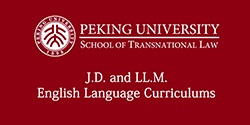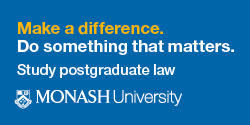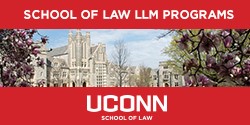Maastricht University
Legal Psychology combines psychological principles with legal applications such as eyewitness accounts, lie detection, suspect interrogations, and terrorist threats. The key objective of The House of Legal Psychology is to prepare a new generation of high calibre researchers in Legal Psychology who will obtain cross-European expertise in legal, forensic and security domains. Through its central focus on the psycho-legal domain in Europe, the programme will have a critical carry-over effect for research on issues relevant to the European research agenda, such as criminal networks, human intelligence gathering, preventing miscarriages of justice, analysis of terrorist threats, and the effects of extended punishment. This research is vital as there are a number of misconceptions that need to be addressed.
The House consists of three consortium members, i.e., Maastricht Universitys Faculty of Law and Faculty of Psychological Neuroscience in The Netherlands led by prof.dr. Peter J. van Koppen and prof.dr. Harald Merckelbach, the University of Portsmouth in the United Kingdom led by prof.dr. Aldert Vrij, and the University of Gothenburg in Sweden led by prof.dr. Pär-Anders Granhag. The consortium is coordinated by Maastricht University, Faculty of Law. The House brings together the three centres of excellence in the European field of Legal Psychology.
Each PhD student is supervised by two consortium members, one from the university that enrolls the student, and one from the other consortium members. The programme is divided into six semesters. With the exception of the third semester, all semesters are spent at the first supervisors university. Students spend the third semester at the second supervisors institution. Each semester is composed of a theoretical and a skills component to ensure optimal completion of the different elements of the programme. These courses address the foundations of Legal Psychology from an experimental and comparative perspective. Although students spend most of their study time at two universities (the enrolment university and the partner site), they will visit all institutions. During the three-year programme students have one winter conference at their enrolment university and visit the two partner institutions for subsequent winter conferences. During summer, the candidates will organize a pre-conference workshop at the same location as the EAPL conference and will afterwards attend the EAPL conference.
At the end of the three year programme, candidates must have written their PhD theses in English and it should be approved by the PhD examination committee. Candidates receive a double degree (if the enrolment or partner university is the University of Portsmouth) or a joint degree after defending their thesis. The defense should take place in the fourth year.











